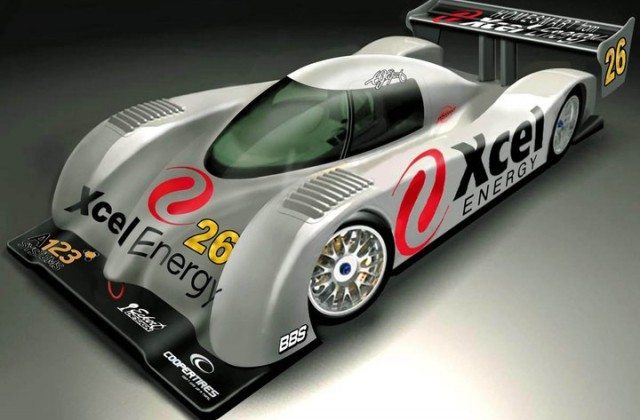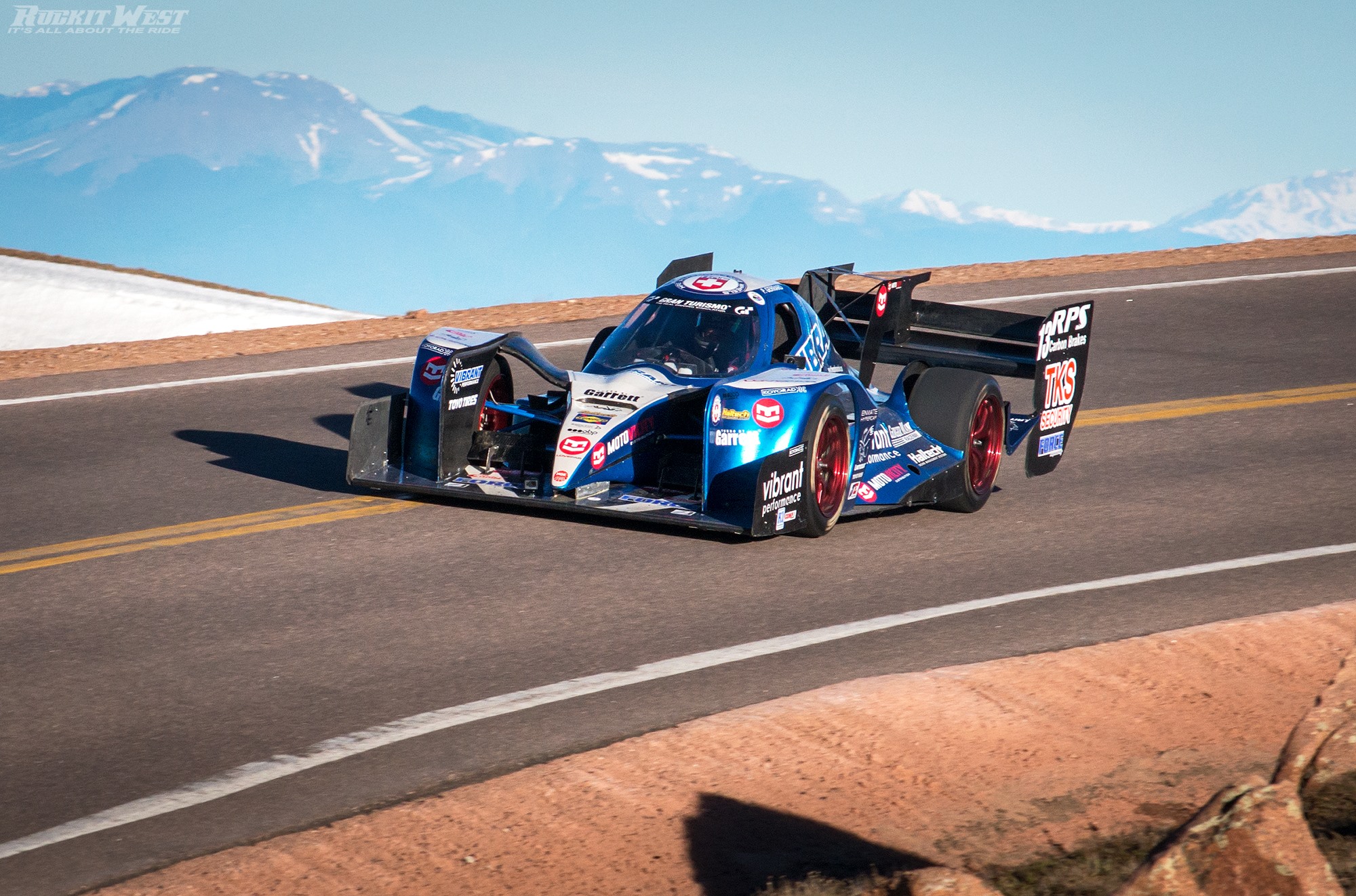As we leave 2011 in the dust and move on to 2012, the Pikes Peak International Hill Climb plans on doing the same with a 12-year transformation from a dirt-racing surface to tarmac being completed.
When the race surface transition was first put into effect most people thought the race would become extinct, and for a while it looked like they were right, but the recent completion of the project seems to prove otherwise. Race officials have already seen the number of applicants doubled compared to this time last year and have had to move the registration deadline forward nearly six months, capping the field at 200 competitors. This new influx of interest has even led to talks of a two-day event in 2013.
There’s no question that the introduction of a 100 percent tarmac course and the recent breaking of the 10-minute barrier by Nobuhiro “Monster” Tajima has increased the worlds interest in America’s second oldest race, but what’s next? What does the future hold?
Most feel that the races future will prosper with the addition of road-bikes and low profile tarmac specific vehicles like Rhys Millen’s PM 580 and F1 cars, but my prediction is that the races future is in the hands of one of the events most overlooked divisions, the electric class.
Electric?
At first thought the idea sounds crazy, but the more you think about it the more realistic of a possibility it becomes. First off, vehicles propelled by gas powered engines can lose up to 30 percent of their power near the top of the mountain due to the thin air, but vehicles powered by electric motors maintain the same amount of power at the summit that they would have at sea level. Just imagine if Tajima’s car could run like THIS at the finish line instead of gimping across it like THIS. Granted, the engine was overheating at the finish and altitude wasn’t the sole cause of the vehicles lack of power.
If you go to 1:43 on this montage of Chip Yates’ practice runs you will see how amazing the power difference between electric and gas powered motorcycles is at altitude. At 1:57 you can even see Yates fly past 2011’s 1205 Motorcycle Runner-up, Jeff Grace.
Where electric cars lack in horsepower they make up in torque. If this little Datsun could blow the doors off a Corvette, just think what an electric hill climb car could do on Pikes Peak’s W’s section.
Two of the major disadvantages of electric cars are that they are expensive and that their batteries lack range; and require a good chunk of time to recharge, but that’s not a problem on Pikes Peak. First off, I applaud anyone that can build an elite hill climb vehicle that doesn’t cost a boatload of money, and secondly, the batteries range isn’t much or an issue because of the short distance of the racecourse.
I can’t think of a better event to put high performance electric vehicles on the map. Pikes Peak and Bonneville are two of the few remaining international events that welcome competitors, to bring innovative creations and compete in them among the ranks of the worlds top production and racecars. Pikes Peak has been an elite proving ground for manufactures forever, so why not an entire industry of electric vehicles?
How far are we from seeing electric cars contending for the overall title?
Believe it or not there is a chance that we might be seeing high performance electric cars on Pikes Peak a lot sooner than you would expect.
Tajima
After breaking the overall record on Pikes Peak last year Tajima explained that he’s planning on building an all-tarmac car for the 2012 race. As of now, nothing has been released or even leaked about the production of Tajima’s newest creation, but I wouldn’t be shocked if it were electric.
Over the past few years, Tajima’s company, the Tajima Motor Corporation, has presented and promoted their high performance production electric vehicles including the EV Conversion and the sporty EV MINI Sport, both intended for street use, but an electric car that Tajima Motors has hardly publicized is their Formula EV Concept, an electric racing prototype.
With Tajima Motors having researched and developed electric vehicle technology and wanting to show the world how fast it is, it’s not a stretch to assume that this technology will be the focal point of his 2012 PPIHC creation.
Another interesting detail is the fact that Tajima has yet to register for the 90th Running of the Pikes Peak International Hill Climb. Could this be an act of strategy by the 60-year-old overall record holder, to build hype and anticipation for the release of a hill climb electric creation? With the registration deadline only a week away, only time will tell.
Eckert
Another possibility to see electric dominance on the Peak is from Colorado Springs’ own Tim Eckert.
Eckert, an alternative fuel genius, is the owner and founder of Eckert Engine Company Incorporated and has a rich history on Pikes Peak dating back to his dad, and uncle’s, Orville and Bob Nance.
Tim has built and raced his own electric creations in the past and has had great success and even has plans set to build his own pavement car. At a Pikes Peak Over The Hill Gang (Alumni Group) meeting last June Eckert said that the only thing holding him back at this point is a lack of funding.
Conclusion
Who knows when electric cars will dominate Pikes Peak, or if they ever will; but I can’t think of a better place to do so than on the mountain that Nikola Tesla looked at every morning, before starting experiments to discover what electricity really is and what it can do.




